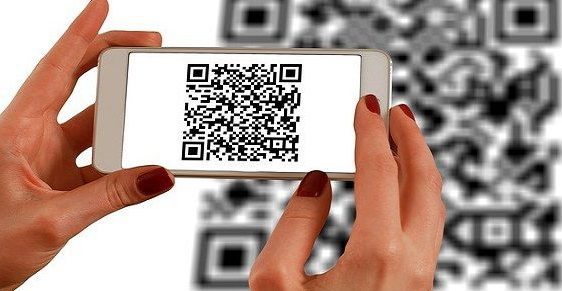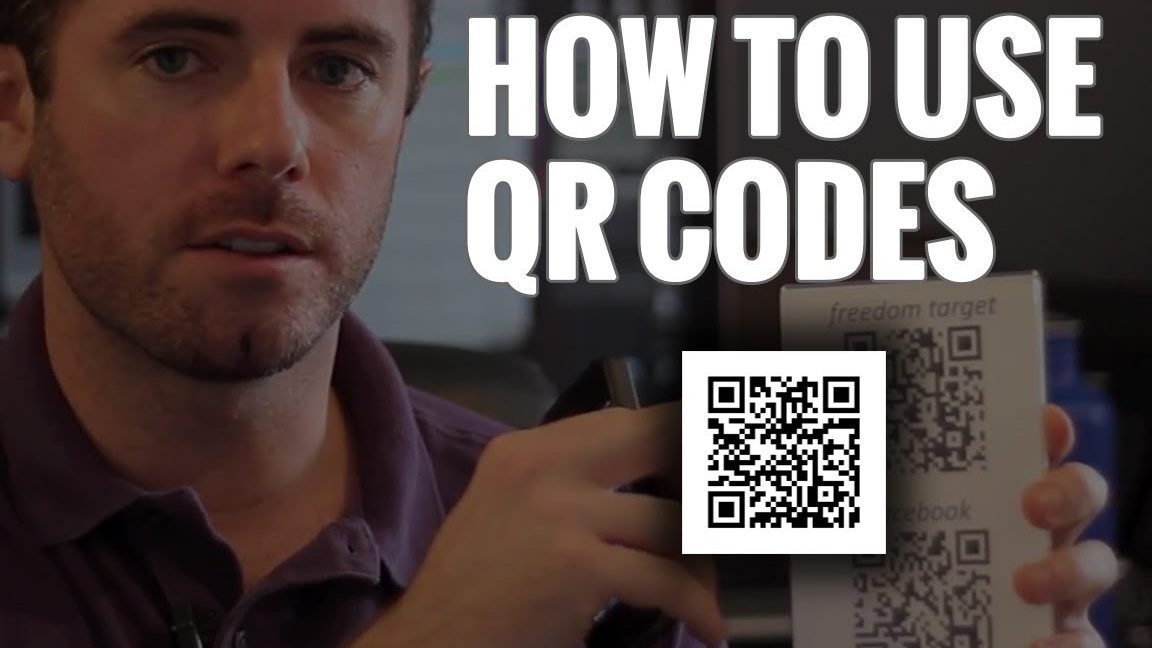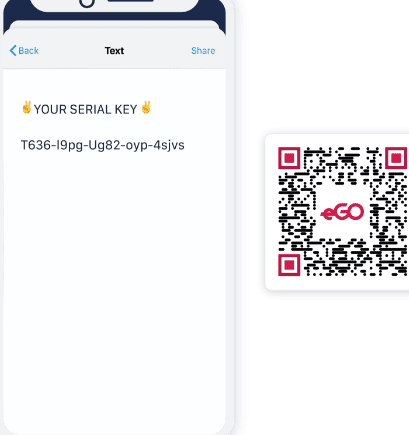Are you tired of marketing tools that expire faster than a carton of milk? Look no further than QR codes! These little squares are a marketer’s dream – once generated, they never expire, ensuring that your customers can access your information whenever they need it.
But beware – QR codes aren’t foolproof. A botched generation, damage during printing or use, or poor lighting can render them useless. Luckily, these issues can be easily avoided with a little care and attention. Make sure your QR codes are generated correctly, placed strategically, and kept safe from wear and tear.
So go ahead and add a QR code to your business cards, product packaging, or billboards. Your customers will thank you for the easy access to your information, and you’ll thank yourself for choosing a marketing tool that truly lasts!
The lifespan of QR codes: Debunking the myth
QR codes have been widely used for various purposes over the last decade, but some people still believe that they have a lifespan and that they eventually stop working after a particular period. This belief is a myth, and it’s time to debunk it once and for all. The truth is that QR codes don’t have a lifespan or an expiration date. They can last indefinitely, and they can be scanned any number of times without any issues.
QR codes are designed to be long-lasting, and they can survive harsh environments and physical damage. They are made of complex patterns of black and white squares, which are interpreted by scanning apps to reveal information. As long as these patterns are recognizable by the scanner, the QR code will work. However, there are some cases where QR codes may stop working, and this usually has to do with user error or technical issues.
Why QR codes don’t expire over time
One of the reasons why QR codes don’t expire over time is that they don’t rely on any external variables to function. For example, if you create a QR code that links to a website, the webpage may go down, or the domain may expire, but the QR code will still work because it contains its own data. Once a QR code is generated, it becomes a standalone object that doesn’t need any maintenance, updates, or renewals.
Another reason why QR codes don’t expire is that they are backed by industry standards. The International Organization for Standardization (ISO) has developed QR code standards that ensure interoperability between different scanners and systems. This means that QR codes can be scanned by any ISO-compliant scanner, regardless of the manufacturer or technology behind it. Additionally, QR codes are widely used in many industries, including retail, healthcare, logistics, and more. This broad adoption ensures that QR codes will remain relevant for many years to come.
Infinite scans: How QR codes keep on working
QR codes can be scanned an infinite number of times without losing their functionality or degrading in quality. This is because QR codes are designed to be read by digital scanning apps that interpret the patterns of the code. Unlike traditional barcodes, QR codes can store much more data, and they can be customized to include text, URLs, images, and more.
QR codes also have error correction capabilities that allow them to recover from minor damages or smudges. When a QR code is scanned, the scanner can detect and correct errors in the code, ensuring that the complete data is retrieved. This feature is critical in cases where the QR code is exposed to harsh environments or when the printing quality is not optimal.
Can QR codes stop working? The truth revealed
QR codes can stop working, but this is not because of any inherent limitations in the technology. There are several reasons why QR codes may fail, and most of them have to do with user error or external factors. Here are some of the most common reasons why QR codes don’t work:
- Printing errors: If the QR code is printed incorrectly, it may not scan correctly
- Damage: If the QR code is damaged, scratched, or covered, it may be unreadable
- Low-quality scanning app: Some scanning apps may not be able to interpret complex QR codes
- Connectivity issues: If the QR code links to a website, connectivity issues may prevent the website from loading
- Expired links: If the QR code links to a website or resource that has expired, it will not work anymore
- Non-compliance: If the QR code is not compliant with industry standards, it may not be scannable by all scanners
Understanding the technology behind QR codes
QR codes are more than just a bunch of black and white squares on a paper. They are a complex technology that involves encoding, decoding, error correction, and different types of data. Here’s a brief explanation of how QR codes work:
- Data encoding: The data is encoded into a QR code format using a set of rules and algorithms that ensure the code’s readability and error correction capabilities
- Error correction: The QR code includes error correction codes that allow it to recover from damages or defects in the code
- Data types: QR codes can include different types of data, such as URLs, text, images, phone numbers, and more
- Scanning apps: Scanning apps interpret the QR code and retrieve the data, which can be anything from a website to contact information
- Customization: QR codes can be customized with different colors, logos, and patterns to fit different applications and branding needs
What to do if a QR code doesn’t work: Tips and tricks
If you encounter a QR code that doesn’t work, there are several things you can try to troubleshoot the issue:
- Use a different scanner app: Try using a different scanning app to see if the issue is with the app you’re currently using
- Move the device closer to the code: Sometimes, QR codes need to be scanned from a closer distance for optimal performance
- Check for damages or smudges: Make sure that the QR code is clean and undamaged before scanning
- Retype the link: If the QR code links to a website, try typing the link manually to see if it loads
- Use a magnifying glass: If the QR code is small, use a magnifying glass to get a closer look at the code
QR code best practices for maximum longevity
To ensure that your QR codes remain functional for a long time, here are some best practices:
- Use a reliable QR code generator: Choose a trusted QR code generator that supports industry standards and error correction
- Print high-quality codes: Make sure that your QR codes are printed clearly and at a high resolution
- Test the codes before printing: Always test your QR codes before printing them to ensure that they are scannable and functional
- Store the codes in a safe place: Protect your QR codes from damage and harsh environments by storing them in a secure location
- Use QR codes for relevant purposes: Use QR codes for applications that make sense and provide value to users
In conclusion, QR codes don’t have a lifespan, and they can remain functional and scannable for an indefinite amount of time. While there are some cases where QR codes may stop working, these are usually due to user error or technical issues. Understanding the technology behind QR codes and following best practices can ensure that your QR codes remain effective and relevant for many years to come.





